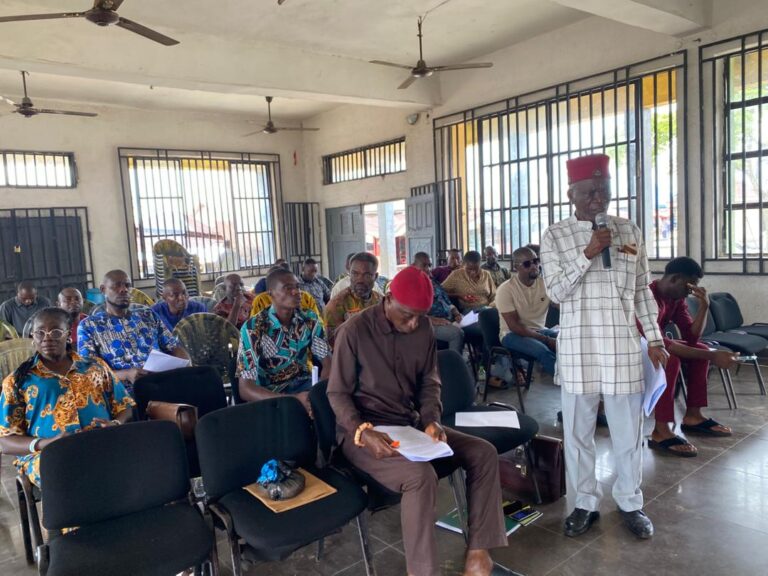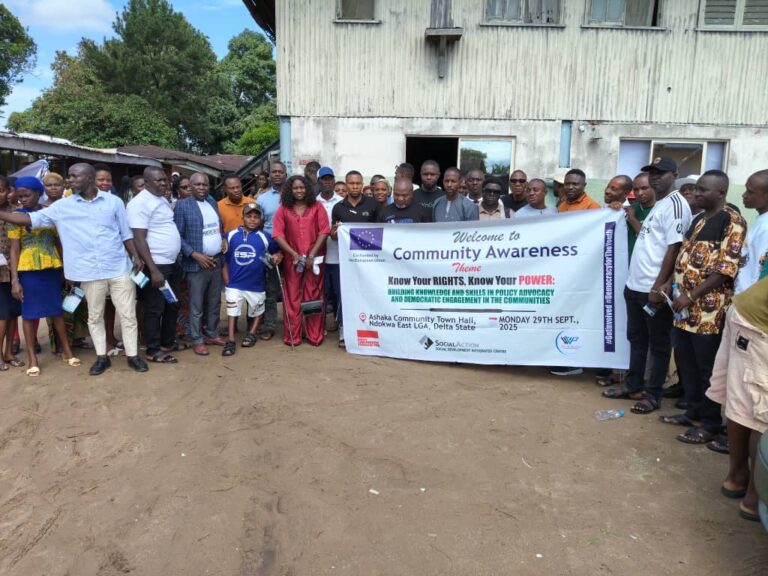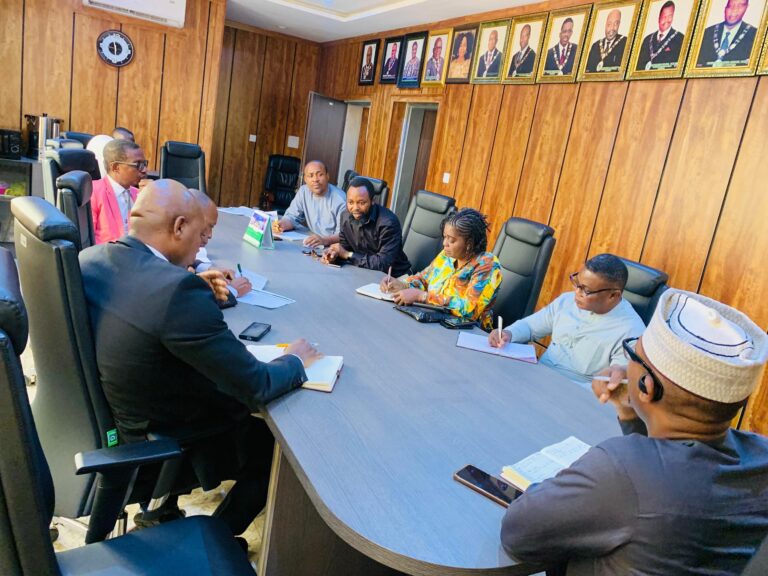HARNESSING BEHAVIOURAL CHANGE TO ENHANCE SERVICE DELIVERY IN THE NIGERIAN POLICE
Introduction:
Behavioural change within the Nigerian Police Force is not only crucial for improving service delivery but also for rebuilding public trust and promoting a professional and accountable law enforcement agency. The force can thus create a positive and respectful working environment, instil a culture of integrity, and enhance its effectiveness in serving and protecting the citizens of Nigeria.
Recognizing the Power of Behavioural Change:
Behavioural change involves modifying the attitudes, beliefs, and actions of individuals. In the context of the Nigerian Police, it entails transforming the mindset and conduct of police officers to align with principles of professionalism, respect for human rights, and ethical conduct.
This is potentially one way to revolutionize the Nigerian Police Force and redefine its relationship with the communities it serves. By acknowledging this potential, the force can create a positive and respectful working environment that fosters trust, professionalism, and accountability.
The transformative potential of behavioural change within the Nigerian Police:
Improved Communication Skills: Effective communication lies at the heart of successful policing. Behavioural change programs can focus on enhancing officers’ communication skills, enabling them to engage with individuals and communities in a more empathetic and respectful manner. Through active listening, clear and concise language, and the ability to de-escalate tense situations, officers can build rapport, diffuse conflicts, and gain the cooperation and trust of the public.
Enhanced Empathy and Cultural Sensitivity: The programs can emphasize the development of empathy and cultural sensitivity among police officers. By understanding and appreciating the diverse backgrounds, beliefs, and experiences of the communities they serve, officers can demonstrate greater empathy, avoid biases, and ensure fair treatment for all individuals. This shift in perspective can foster positive interactions, reduce tensions, and promote inclusivity within the Nigerian Police.
Ethical Decision-Making: Ethical conduct is a cornerstone of effective law enforcement. Behavioural change programs can address the ethical challenges officers face on a daily basis and provide them with the tools to make sound decisions that prioritize justice, fairness, and human rights. By incorporating case studies, ethical dilemmas, and guided discussions, officers can develop a strong moral compass, enabling them to navigate complex situations while upholding the highest standards of integrity.
Professionalism and Accountability: A well-designed program can instil a culture of professionalism and accountability within the Nigerian Police Force. Officers can be encouraged to take pride in their work, uphold ethical standards, and display a commitment to continuous improvement. By fostering a sense of responsibility for their actions and the impact they have on individuals and communities, officers can become proactive agents of change, continuously striving to deliver better service and maintain public trust.
Building Positive Relationships: Behavioural change programs can emphasize the importance of building positive relationships between the police and the communities they serve. Officers can be encouraged to actively engage with community members, listen to their concerns, and collaborate on solutions to address local issues. By working together, officers and citizens can establish a sense of partnership, creating safer neighbourhoods and a more harmonious society.
How do we archive this?
A training program and curriculum for behavioural change are essential for the Nigerian Police to address longstanding issues and promote positive transformation within the force. The Nigerian Police have faced criticism and public outcry over incidents of corruption, misconduct, excessive use of force, and human rights abuses. To regain public trust and confidence, it is imperative to implement a comprehensive training program that focuses on behavioural change. This program should aim to instil principles of integrity, ethics, and respect for human rights among officers. By providing adequate training, officers can learn effective communication, conflict resolution, and de-escalation techniques, reducing instances of unnecessary force and violence. Furthermore, the curriculum should address cultural sensitivity, and community policing, and promote empathy to bridge the gap between law enforcement and citizens. A well-structured training program can lay the foundation for a more accountable, transparent, and professional police force, fostering a safer and more secure environment for all Nigerians.
In conclusion, recognizing the power of behavioural change within the Nigerian Police Force is essential for its transformation and effective service delivery. By focusing on areas such as improved communication skills, empathy, cultural sensitivity, ethical decision-making, professionalism, and building positive relationships, the force can undergo a profound shift in its approach to law enforcement. These programs have the potential to create a police force that is responsive, accountable, and respectful of human rights, ultimately contributing to a safer and more secure Nigeria.




